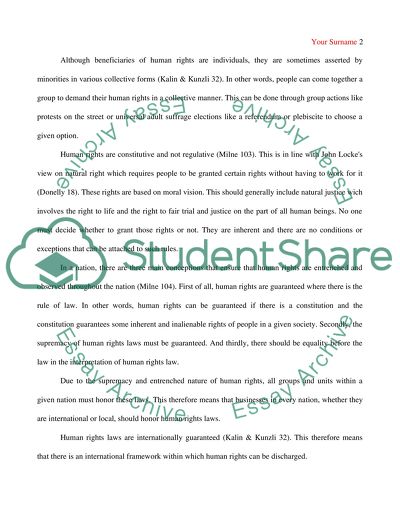Cite this document
(“Human Rights and Oil Companies Essay Example | Topics and Well Written Essays - 4250 words”, n.d.)
Retrieved from https://studentshare.org/law/1394148-human-rights-and-oil-companies
Retrieved from https://studentshare.org/law/1394148-human-rights-and-oil-companies
(Human Rights and Oil Companies Essay Example | Topics and Well Written Essays - 4250 Words)
https://studentshare.org/law/1394148-human-rights-and-oil-companies.
https://studentshare.org/law/1394148-human-rights-and-oil-companies.
“Human Rights and Oil Companies Essay Example | Topics and Well Written Essays - 4250 Words”, n.d. https://studentshare.org/law/1394148-human-rights-and-oil-companies.


